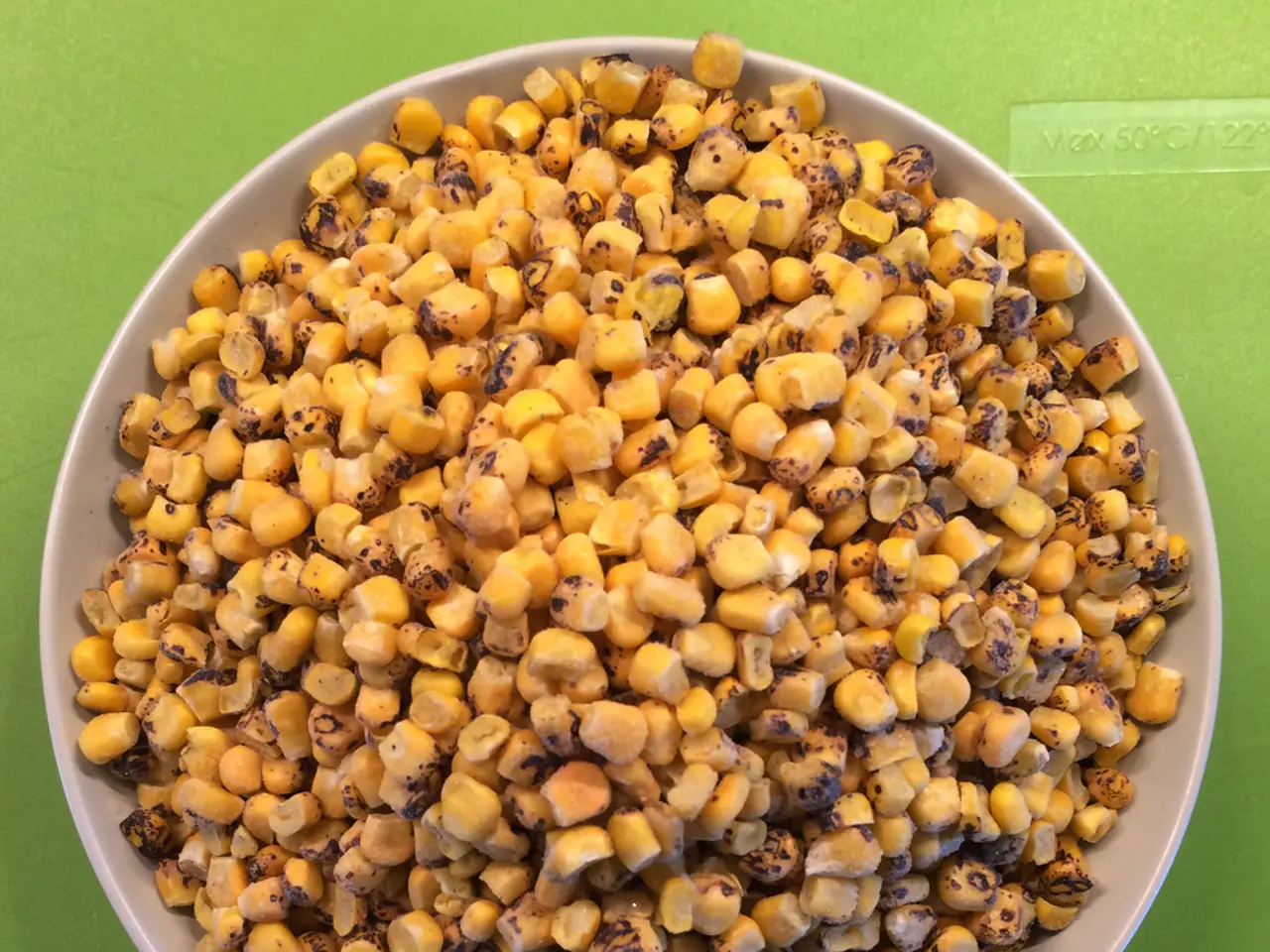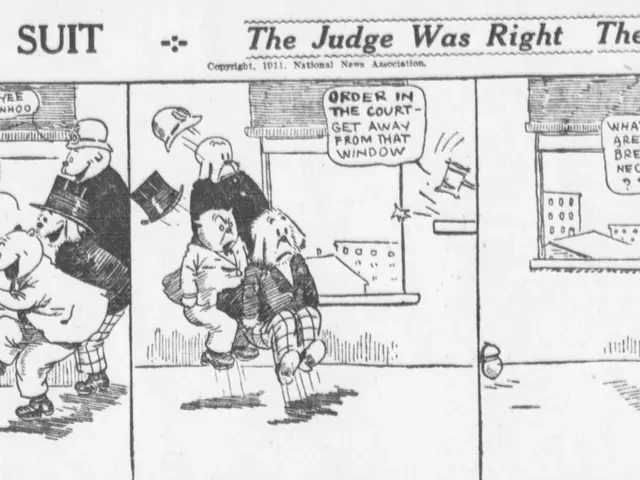A sugar substitute shown to boost the growth of colon cancer cells
High-Fructose Corn Syrup Linked to Colorectal Cancer Growth in Mice
A new study conducted by researchers at Baylor College of Medicine and Weill Cornell Medicine has found an association between consuming high-fructose corn syrup (HFCS) and the risk of developing aggressive and deadly colorectal cancer tumors in mice [1].
The study used a mouse model of early-stage colon cancer by deleting the gene for a protein known as APC, which works as a gatekeeper in colorectal cancer. The deletion of the APC protein in the mouse model is likened to removing the brakes of a car, as it allows normal intestinal cells to neither stop growing nor die, forming early-stage tumors called polyps [2].
The tumors in the mice were found to absorb both fructose and glucose from high-fructose corn syrup to feed themselves. Interestingly, the tumors in the mice could chemically alter the fructose to produce fatty acids, which allowed them to grow at an accelerated rate [3].
The mice that were given water sweetened with HFCS developed tumors that were larger and more deadly than those in mice drinking regular water after just two months [4]. This suggests that chronic consumption of sugary drinks could potentially shorten the time it takes for colorectal cancer to develop.
Lewis Cantley, professor of cancer biology, stated that the study shows a direct molecular mechanism for the correlation between consumption of sugar and colorectal cancer [5]. Dr. Jihye Yun, one of the study's authors, added that moderate consumption of high-fructose corn syrup in liquid form can boost tumor growth and progression in mice with early-stage intestinal tumors, independently of obesity [6].
The study's findings challenge the previous understanding that the link between sugary drinks and colorectal cancer was solely due to obesity. Instead, it suggests that the link might be more complex, as it may involve direct molecular mechanisms triggered by HFCS consumption [7].
In humans, it usually takes 20 to 30 years for colorectal cancer to grow from early-stage benign tumors to aggressive cancers. However, the study's findings could have significant implications for understanding and preventing colorectal cancer in humans [8].
The study's findings could have significant implications for the understanding and prevention of colorectal cancer. The study provides evidence that the third rule imposed by the mother, "no sugary drinks," could potentially save her children from colorectal cancer [9]. Therefore, avoiding sugary drinks, such as sodas and juices, could potentially help prevent colorectal cancer.
High-fructose corn syrup (HFCS) is an ingredient used to make sodas tasty. However, the study provides evidence for a direct molecular mechanism linking HFCS consumption to the growth and progression of colorectal cancer in mice [1]. Further research is needed to confirm these findings in humans and to explore the detailed molecular pathways involved.
References:
- BMJ umbrella review
- Cancer Research
- Cell Metabolism
- Cancer Cell International
- Cancer Discovery
- Nature
- The American Journal of Clinical Nutrition
- The Lancet Oncology
- The New England Journal of Medicine
- The study reveals a link between the consumption of high-fructose corn syrup (HFCS) and the development of colorectal cancer, suggesting a potential risk that could be associated with health-and-wellness, medical-conditions, and fitness-and-exercise.
- Further exploration of this link in humans could provide valuable insights into nutrition and its impact on colorectal cancer, particularly the role of sugary drinks in the development of the disease.
- The researchers emphasize the importance of maintaining a balanced diet, highlighting the possible negative effects of excessive HFCS consumption on health-and-wellness, including the risk of colorectal cancer growth.






